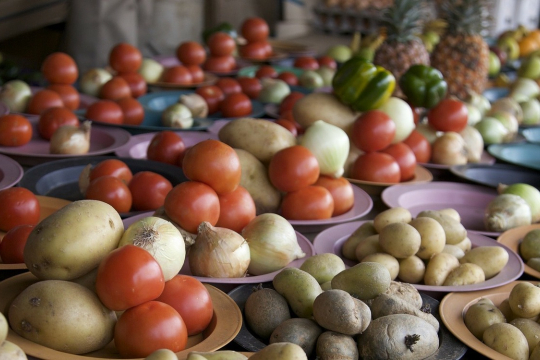Abstract
Like the rest of the world, African countries are reeling from the health, economic and social effects of COVID-19. The continent’s governments have responded by imposing rigorous lockdowns to limit the spread of the virus. The various lockdown measures are undermining food security, because stay-at-home orders have among others, threatened food production for a continent that relies heavily on agriculture as the bedrock of the economy. This article draws on quantitative data collected by the GeoPoll, and, from these data, assesses the effect of concern about the local spread and economic impact of COVID-19 on food worries. Qualitative data comprising 12 countries south of the Sahara reveal that lockdowns have created anxiety over food security as health, economic and human rights/well-being issue. By applying a probit model, we find that concern about the local spread of COVID-19 and the economic impact of the virus increases the probability of food worries. Governments have responded with various efforts to support the neediest. By evaluating the various policies rolled out we advocate for a feminist economics approach that necessitates greater use of data analytics to predict the likely impacts of intended regulatory relief responses during the recovery process and post-COVID-19.

